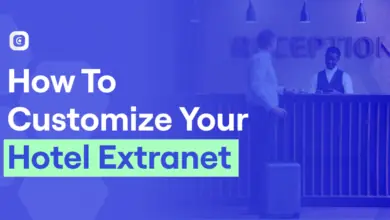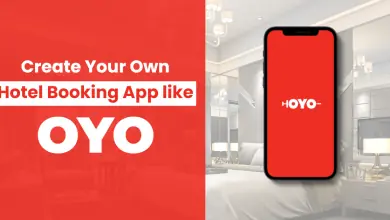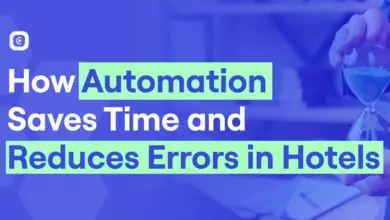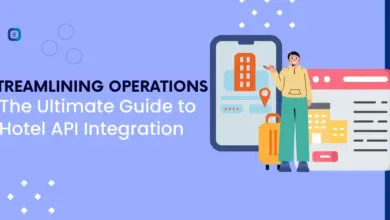Why is Hotel Booking API Important in the Travel Industry?
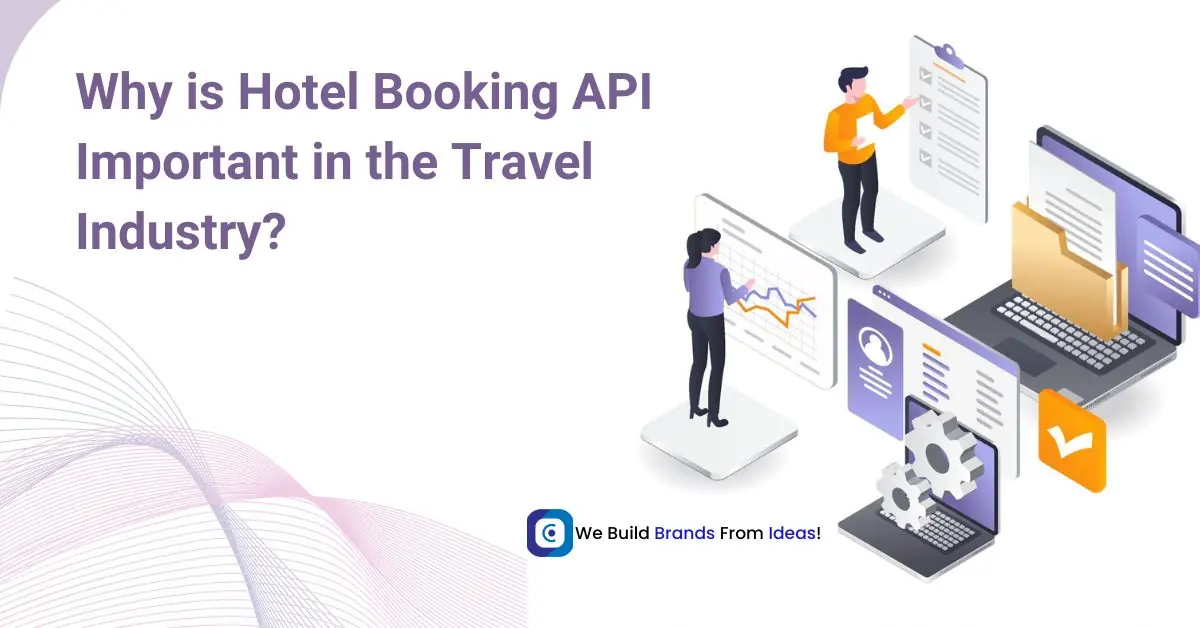
Introduction
As per Statista, 80% of the hotel revenue would be generated by online sales using Hotel Booking APIs. Online Sales of Hotel Booking happen using Hotel Booking API and are exposed to Channel Manager, OTA. Suppliers, GDS, and via multiple channels booked by customers.
Hotels Globally use PMS (Property Management System) for managing inventory, staff, Room types, Room rates, calendar, booking, etc. This system is sufficient for their website for online sales and walk-in Customers.
OneClick IT Consultancy has encapsulated all information within a diagram to showcase the flow of information from Hotels to Customers.
Integrated Hotel Reservation System Workflow
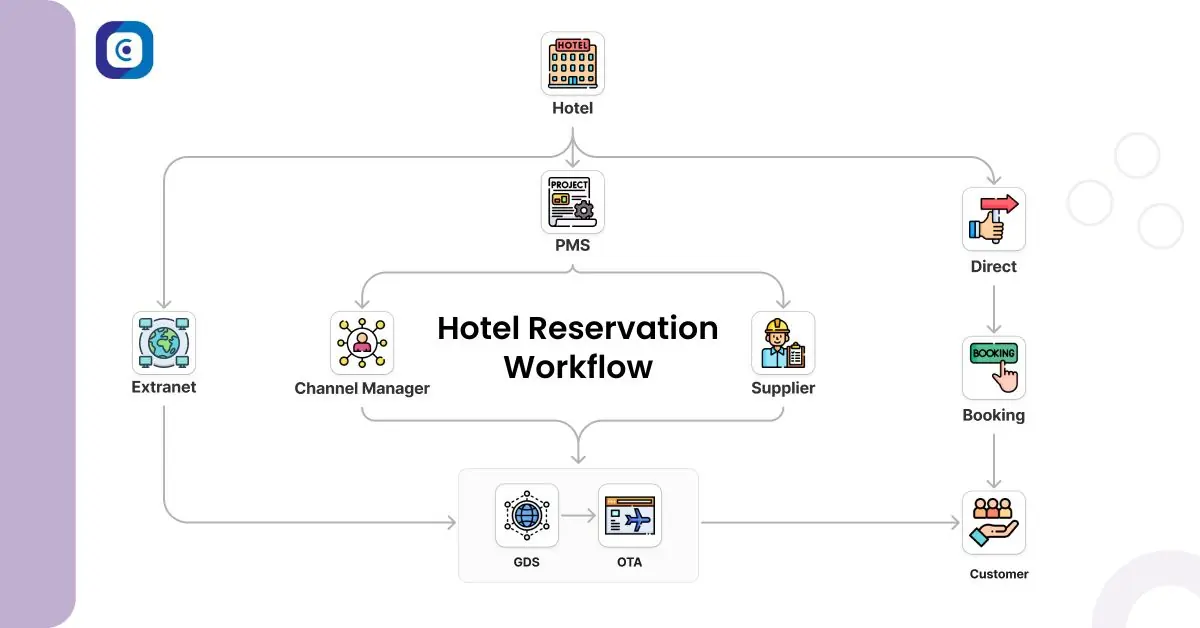
We will review two primary ways of Hotel Booking API distribution,
- Hotels using PMS and Extranet
- Hotel Booking APIs from Suppliers, B2B Booking engines, etc.
The hotel industry has marked its presence globally considering every continent and country. Hotels adapt the infrastructure depending on whether they are standalone properties or the number of rooms, they are part of a bigger entity.
This helps Hotels to decide on property management systems and strategize well on revenue management systems by exposing Travel Industry APIs to global OTAs that ensure Demand and Supply maintenance.
Hotel Booking Engine APIs are a set of programmable data points to perform necessary actions, searching Hotels, retrieving rich content, and booking Hotels, ensuring no rooms are overbooked. Hence, OTA’s, GDS, and others use API access and integrate Hotel Booking APIs into their system. Please find a general overview of Hotel Booking API.
1. Authentication:
Third-party systems need to authenticate themselves using the API credentials / Key / Tokens. Authentication is quintessential to ensure information reaches the right audience and indeed acts as a security layer and all other APIs would work only after executing Authentication.
2. Searching Hotel and Availability:
Hotel Booking API facilitates searching by hotel, check/out dates, room type, number of guests, location, etc. The API returns the information needed by the customer with live rates to make a decision.
3. Re-Validate API:
A lot of time is consumed during the workflow of Hotel Booking for efficient searching and checking availability, information is cached and when searching for information, API may deliver a few minutes to a few hours ago old data. Whereas re-validate API ensures the checking rate for the exact hotel, room, dates, and many passengers before booking.
4. Booking API:
API Integration for Hotels Booking is the crucial API, they need to be configured well and it comprises a lot of key information to be shared with the hotel and respectively back to the customer as well with confirmation details and/or Errors if any.
5. Confirmation Status:
After the Booking API is executed, a third party receives a confirmation of booking or gets pending/failed status. Third-party needs to keep checking short duration the final status of the booking. Its time bound status.
6. Static APIs:
The third party needs to have some of the information downloaded off the shelf, which can be done by one-time activity, and than they can download only delta information from the Hotel or Supplier directly.
7. Certification:
Now, once the third party integrates all the APIs and is ready to go live, they have to contact the supplier or hotel to ensure they have integrated the hotel booking API as per stated guidelines. This exercise can last from a week to a few weeks before production server credentials to shared with the third party.
8. API Documentation:
API document states the guidelines for integrating hotel APIs into third-party systems and it also mentions the L2B (Look-to-book ratio)
Note: L2B – Look to Book ratio is total API calls vs bookings made, it’s usually capped between 5000-1000
Types of Travel Companies Utilizing Hotel Booking APIs
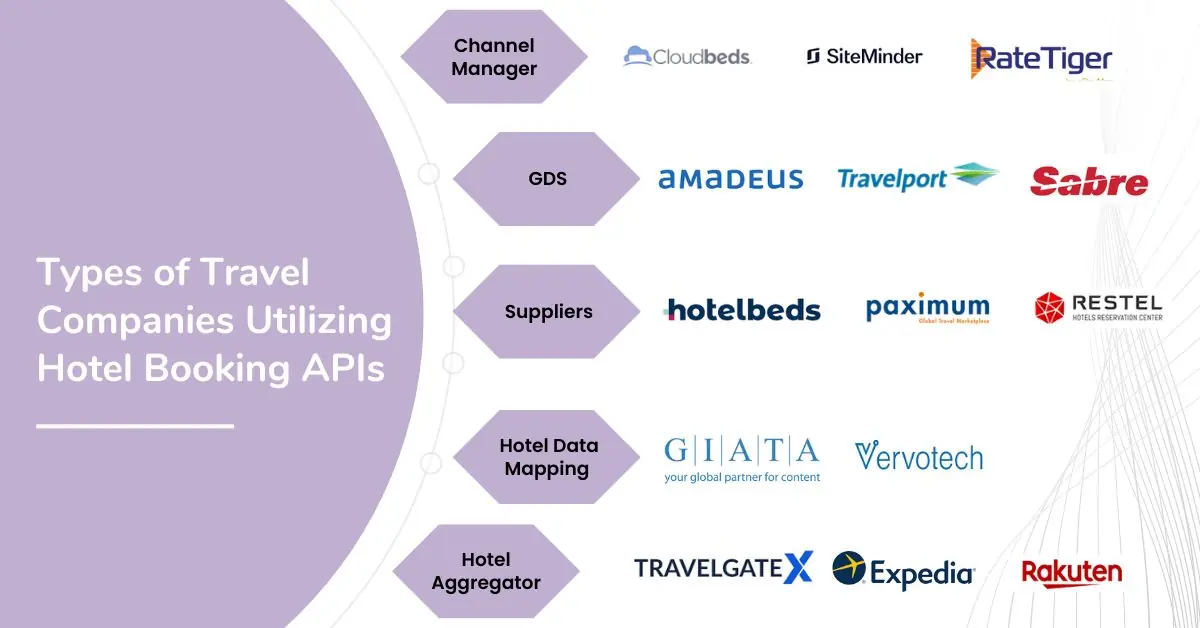
The Hotel Booking API applies to all the following types of Travel Companies.
Hotels (Expose API’s):
Hotels that make their booking and availability data accessible to third parties through APIs for seamless integration.
Hotel Extranet:
A private web-based interface for hotels to manage their inventory, rates, and availability for distribution.
Channel Manager:
A tool that allows hotels to manage their distribution channels by updating availability and rates across multiple platforms simultaneously.
OTA (Online Travel Agency):
A digital platform that sells travel-related services, including hotel bookings, directly to consumers.
Corporate Travel:
Companies specializing in managing travel arrangements and bookings for business travelers.
B2B Travel Agency:
Agencies that provide travel services to other businesses, often through white-label solutions and bulk bookings.
DMC (Destination Management Company):
Organizations that offer local expertise and services for arranging and managing travel and events in specific destinations.
GDS (Global Distribution System):
A network that enables automated transactions between travel service providers and travel agents, offering access to hotel bookings, airline tickets, and other travel services.
Wrapping Up
OneClick IT Consultancy has encapsulated all information within a diagram to showcase the flow of information from Hotels to Customers.
If you are a Hotel Owner, Channel Manager, OTA, Corporate Travel Agency, or DMC, we would be happy to help you integrate Online Hotel Booking System APIs in your platform with an SEO Compatible Architecture, which would facilitate increased traffic on your website. Please contact us at contact@itoneclick.com.


